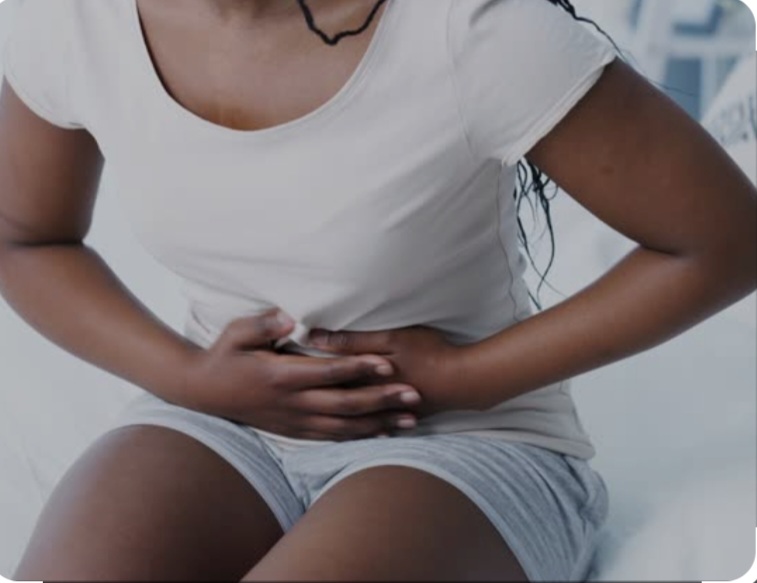
Click these links to read more on menstrual cycle here:
How to calculate your own menses 4 phases in full cycle
Amenorrhea. This is absence of menses. The individual fails to menstruate when her time is due for months when she is not pregnant. It is pregnancy that puts a normal stop to menstruation. So, if you are unable to have period for some months, consult a doctor.
There are factors that can result in amenorrhea: increased body weight, excessive physical activities like exercising, extreme underweight, extreme emotions like anxiety, stress.
Dysmenorrhea. It is pain associated with period/menstruation and it is due to contractions in the womb. Mild pain is considered normal but others too experience excruciating pain. In this case, consult a doctor for treatment.
Menorrhagia. This is heavy bleeding associated with menses. Due to the use of sanitary pad, it is difficult to estimate the amount of blood loss. Excessive loss of blood through menses is not acceptable; consult a doctor if you would have to change soaked pad more frequently than usual. It could be a sign of other health problems, such as fibroid, polyps, hormonal imbalance.
Bleeding in between periods. This bleeding occurs after the end of duration of normal menstrual flow. Consult a doctor for further investigation if one does experience this.
Premenstrual syndrome. This involves certain symptoms and signs prior to menstruation. Some are; lumpy breast, mood swing, anxiety, irritability etc.
For the mood changes, you can engage in relaxation techniques to control it, as well as exercising. All these changes are caused by hormonal actions within.
Migraine. This is a severe/ excruciating form of headache associated with periods. Some women experience this and most often lands them in health facility for medical management.
Note. Girls who just attain the stage of menstrual cycle and older women nearing menopause usually have irregular menstrual cycle for a certain period of time. For the starters, it is expected to become regular over time.
Menopause is the stage where menstrual cycle comes to a halt in older women. The age of menopause differs in women. Usually, it starts from almost 50 years and above or less.
Today, due to a lot of genetic changes through diet and other physiological changes, menarche age has dropped as low as eleven years generally. In rare cases, it happens even at age nine. The range is usually between ages 11 and 15 years. If by age 15 years a girl has not had her menarche, she should see a doctor.
(Menarche is the first ever menstrual experience of a girl and it ushers her into puberty. This means she can easily get pregnant when she engages in sexual intercourse with the opposite sex.).